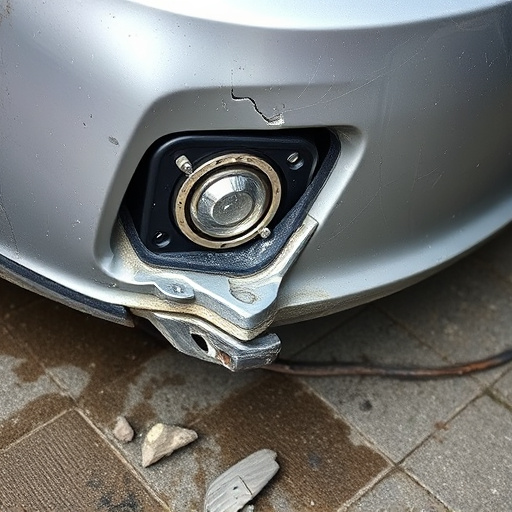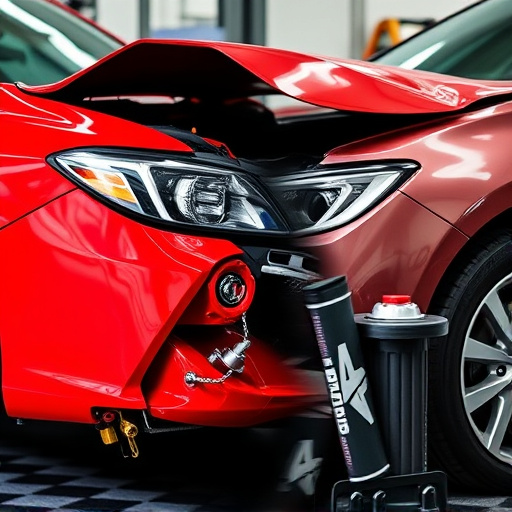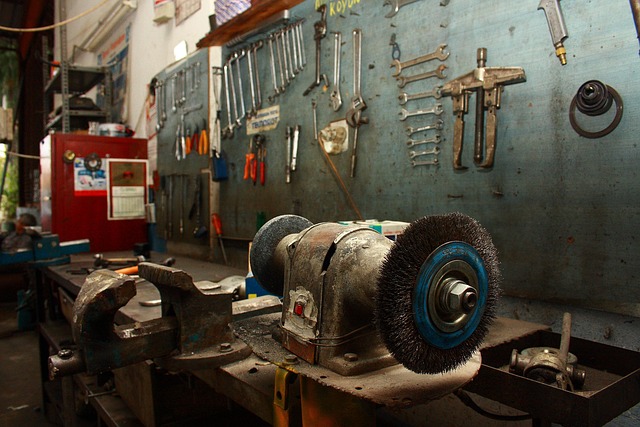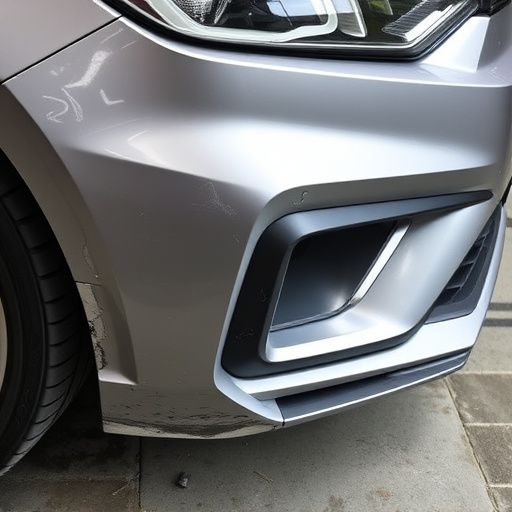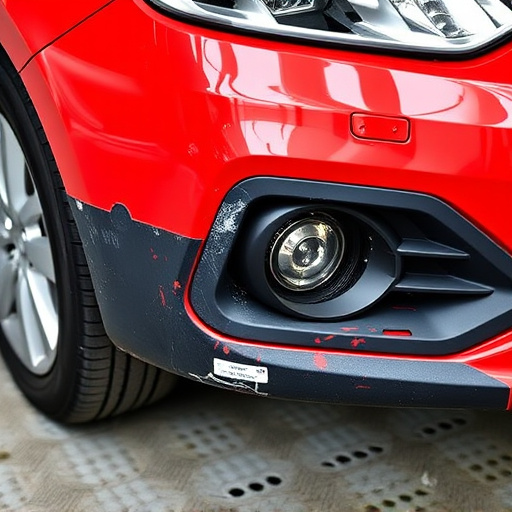Repair progress tracking systems optimize car repair operations by offering real-time project insights, enhancing resource management and client communication. These tools are essential for specialized services, ensuring organization, transparency, and timely delivery. Accurate time estimates are crucial for scheduling, cost prediction, and customer satisfaction, boosting the shop's reputation. Efficient project management through repair progress tracking improves job statuses, anticipates delays, and meets promised timelines, fostering trust and competitive advantage in auto body services.
In today’s fast-paced world, effective repair progress tracking is paramount for successful project management. This article delves into the intricacies of repair progress tracking systems and their pivotal role in estimating completion times accurately. We explore how precise estimations enhance efficiency, reduce delays, and optimize resources. Additionally, we uncover best practices to streamline projects, ensuring timely repairs and client satisfaction. Understanding these concepts can revolutionize the way maintenance teams approach project management.
- Understanding Repair Progress Tracking Systems
- The Impact of Accurate Completion Estimation
- Best Practices for Efficient Project Management
Understanding Repair Progress Tracking Systems

Repair progress tracking systems are designed to monitor and manage the status of various repairs, ensuring that tasks are completed efficiently and within estimated timeframes. These systems offer a structured approach to repair management, allowing car repair shops and automotive service centers to streamline their operations. By implementing digital tools for repair progress tracking, businesses can gain real-time insights into ongoing projects, facilitating better resource allocation and client communication.
In the context of car scratch repair or even more complex automotive repairs, such tracking systems are invaluable. They help mechanics and technicians stay organized, enabling them to update clients on the precise status of their vehicle’s restoration. This transparency builds trust between the repair shop and its customers, fostering a positive reputation for the business. With efficient repair progress tracking, car repair shops can deliver timely services, ensuring customer satisfaction and maintaining the high-quality standards expected in the automotive industry.
The Impact of Accurate Completion Estimation

Accurate estimation of completion time is a cornerstone of effective repair progress tracking, especially in the realm of automotive restoration. In a bustling car body shop or vehicle service center, providing reliable completion estimates empowers both staff and customers to make informed decisions. It allows for efficient scheduling, resource allocation, and cost prediction, ensuring that projects stay on track. When it comes to intricate tasks like car paint services, precise timeframes are crucial; they prevent delays, manage customer expectations, and facilitate seamless operations within the shop.
Moreover, accurate completion estimates contribute to the overall reputation of a car body shop or vehicle repair facility. Consistently meeting estimated timelines demonstrates professionalism and mastery over projects, fostering trust among clients. In today’s competitive market, this reliability can set a business apart from its peers, solidifying its position as a trusted source for high-quality repairs and restoration work.
Best Practices for Efficient Project Management

Efficient project management is paramount when it comes to repairing vehicles and ensuring customer satisfaction. One of the best practices in this regard is implementing robust repair progress tracking systems. These tools allow managers to monitor the status of each repair job, identify potential delays or issues early on, and make informed decisions to keep projects on schedule. By regularly updating the progress of repairs, fleet repair services and auto body shops can set realistic expectations with their clients, enhancing transparency and building trust.
Additionally, incorporating estimated completion times into these tracking methods is strategic. Auto body services often face challenges due to varying complexities of jobs and resource availability. Providing customers with accurate estimated completion dates not only manages their expectations but also optimizes shop floor operations. This allows auto body shops to allocate resources effectively, ensuring that more urgent repairs are prioritized while still meeting the promised timelines.
Repair progress tracking systems, enhanced by precise estimated completion times, are vital for efficient project management. By understanding these tools and implementing best practices, teams can navigate complex repairs with confidence. Accurate completion estimates facilitate resource allocation, client communication, and overall project success, ensuring repairs are completed promptly and within budget. Incorporating these strategies into your workflow can significantly improve repair progress tracking, leading to enhanced project outcomes.



